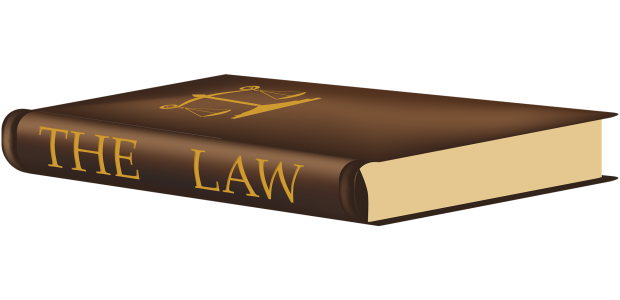
legal advisor, one prepared and authorized to get ready, make due, and either indict or protect a court activity as a specialist for one more and who likewise offers guidance on lawful issues that could conceivably require court activity.
Legal advisors apply the law to explicit cases. They research current realities and the proof by meeting with their clients and exploring archives, and they plan and record the pleadings in court. At the preliminary, they present proof, investigate observers, and contend inquiries of regulation and truth. In the event that they don’t win the case, they might look for another preliminary or help in a re-appraising court.
In many examples, legal counselors can achieve the settlement of a case without preliminary through discussion, compromise, and split the difference. Likewise, the law enables people to orchestrate and decide their legitimate freedoms in many issues and in different ways, as through wills, contracts, or corporate standing rules, and attorneys help in large numbers of these courses of action. Since the twentieth century a quickly creating field of work for legal counselors has been the portrayal of clients under the steady gaze of managerial councils and courts and before regulative panels.
Legal advisors have a few loyalties in their work, including loyalties to their clients, to the organization of equity, to the local area, to their partners practically speaking, and to themselves. At the point when these loyalties struggle, the principles of the calling are expected to impact a compromise.
Lawful practice shifts from one country to another. In Britain attorneys are partitioned into counselors, who argue in the higher courts, and specialists, who accomplish office work and argue in the lower courts. In the US lawyers frequently represent considerable authority in restricted areas of regulation, like lawbreaker, separate, corporate, probate, or individual injury, however many are engaged with general practice.
In France various sorts of experts and even nonprofessionals handle different parts of lawful work. The most renowned is the avocat, who is equivalent in rank to an officer or regulation teacher. Generally tantamount to the English lawyer, the avocat’s primary capability is to argue in court. In France, as in most affable regulation nations, the assessment of witnesses is directed by the judge as opposed to the lawyer, as in custom-based regulation nations. In their arguing, avocats foster their contention and point out errors in the declaration of witnesses; this is the essential means open to avocats to convince the court on legitimate and verifiable focuses. Previously, notwithstanding the avocats, there were additionally avoués and agréés; the previous addressed prosecutors in all procedural issues aside from the oral show, arranged briefs, and arranged settlements, while the last option, very few, were liable for arguing in specific business courts. Today the differentiation among avoués and avocats has been annulled in everything except the re-appraising courts, where avoués keep on rehearsing as in the past.
